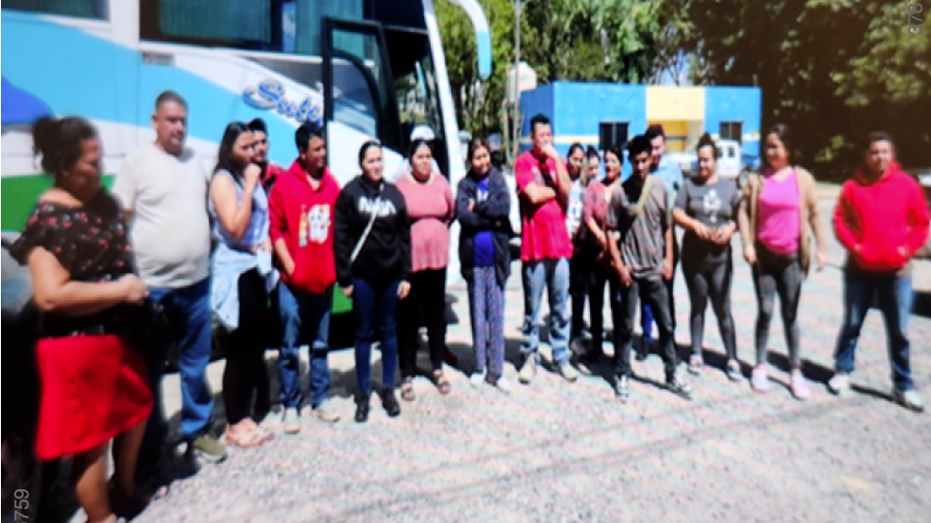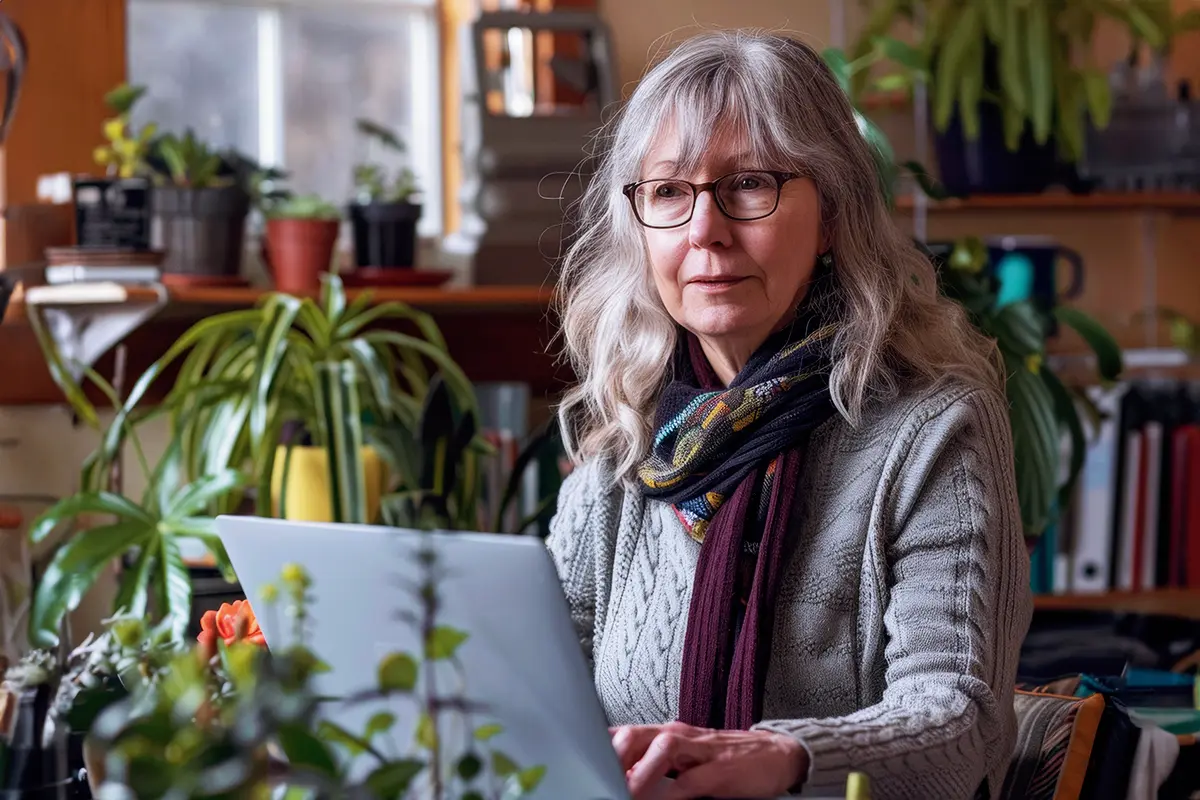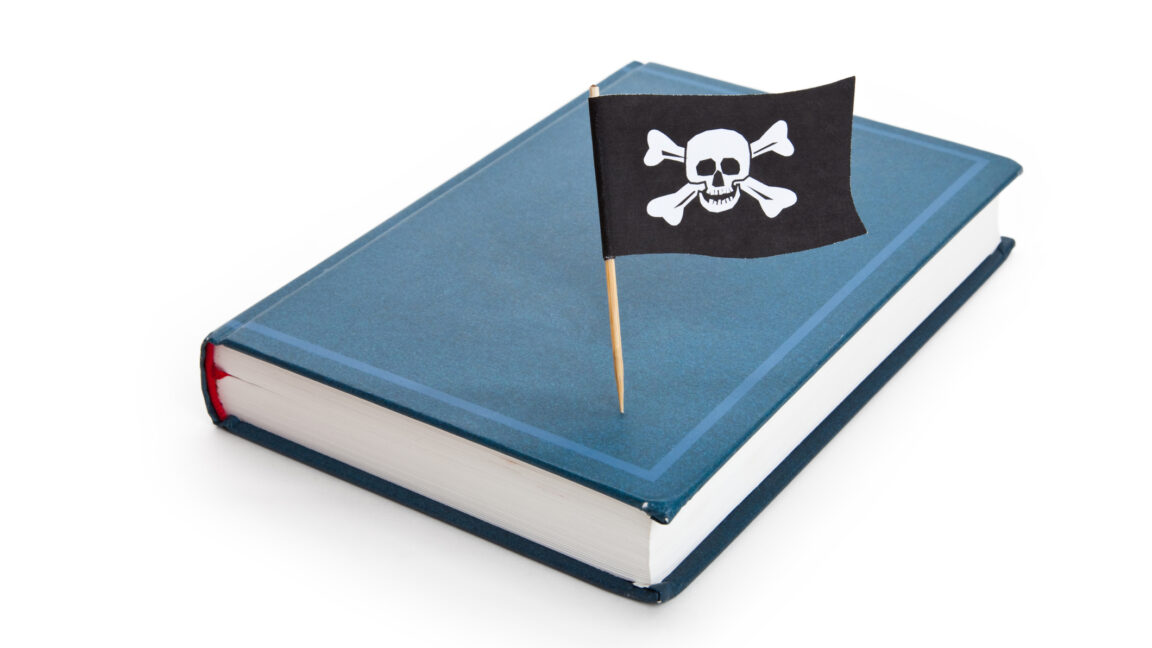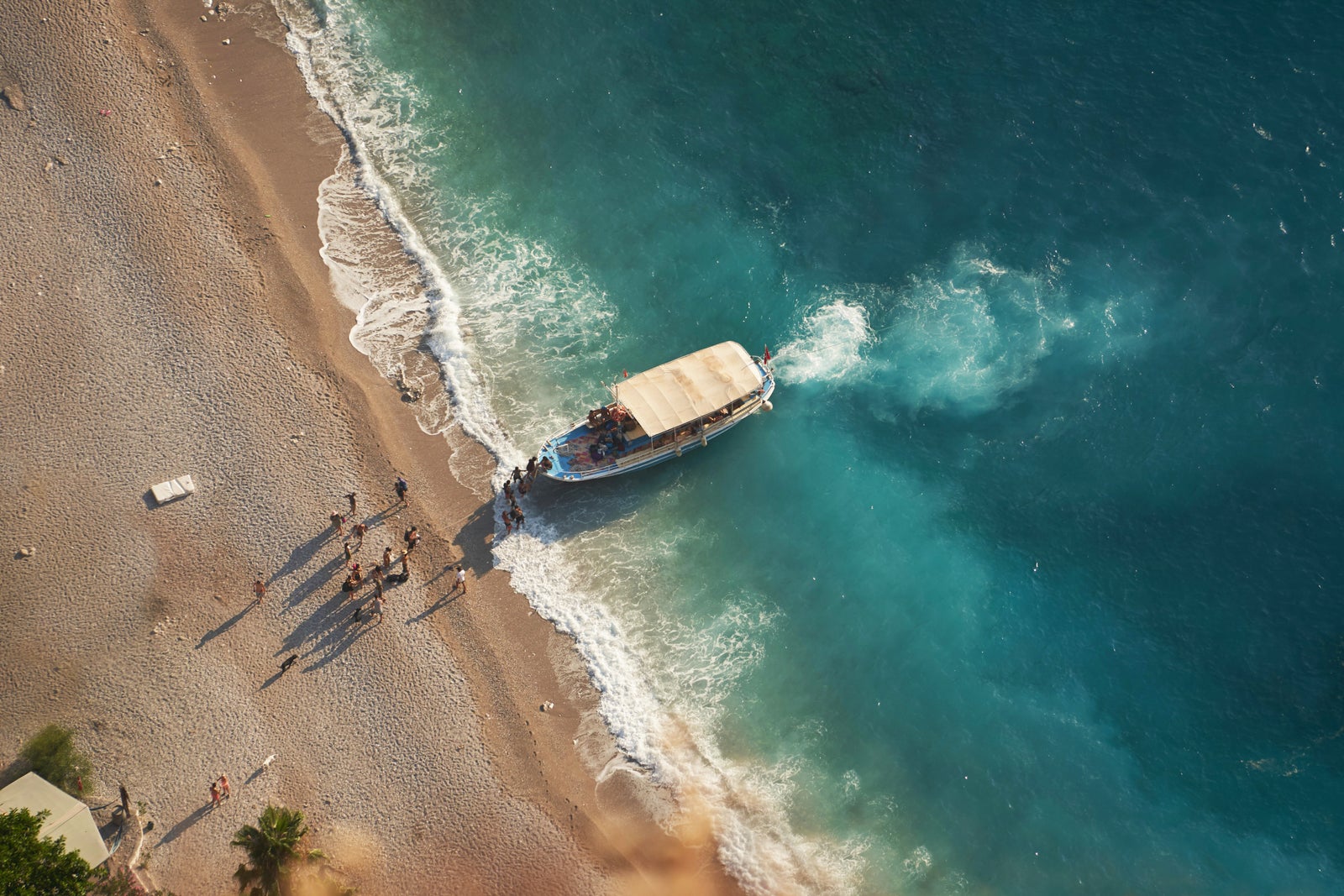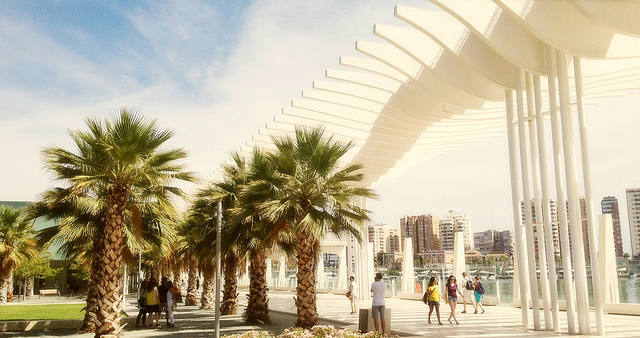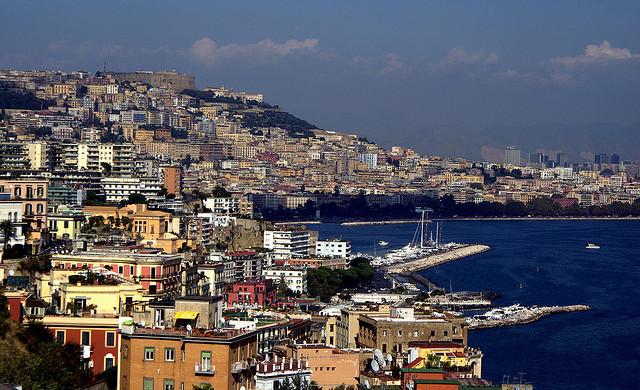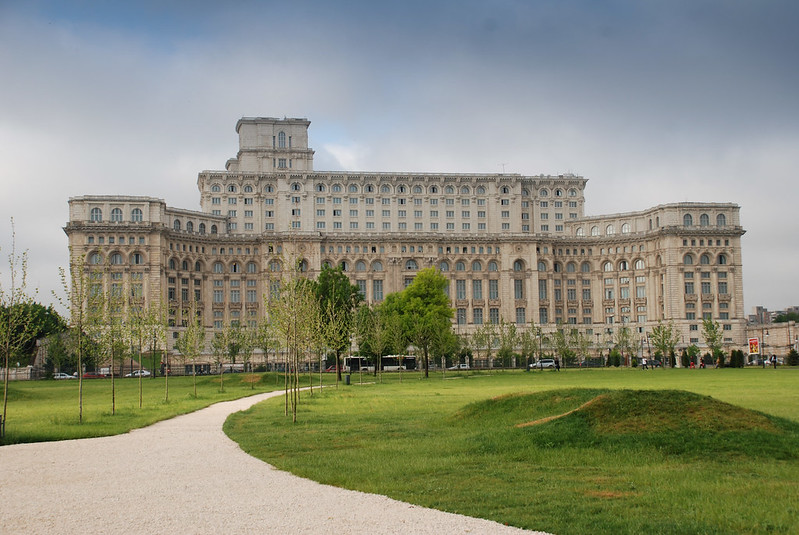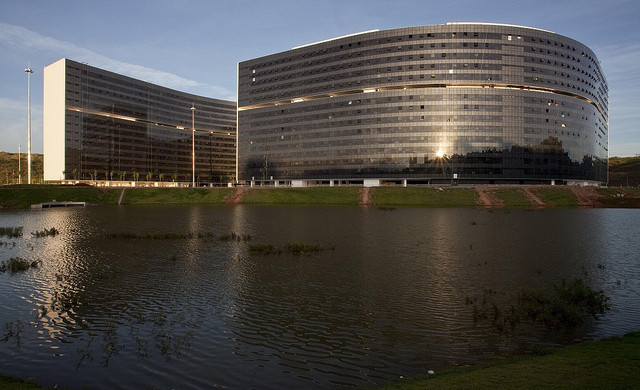Trump wants to wipe out Gaza’s history. Saving its mosques and churches would defy him | Raja Shehadeh
The US president’s real-estate fantasies rely on the erasure of Gaza’s people and culture. Now we must act to preserve themIt might already be too late to save the homes where many of the people of Gaza have been living and have memories of lives spent there. Or the recollections of people in Ramallah who spent their honeymoons in Gaza by the Mediterranean. Like many others, I too have strong and beautiful experiences of time spent in Gaza. Yet, at this time of almost unimaginable destruction of homes and lives, I turn my mind to the destruction of cultural heritage such as the Great Omari mosque, opened in the seventh century and also known as the Great Mosque of Gaza, whose minaret was partially destroyed and parts of its structure severely damaged. Or the historic Greek Orthodox Saint Porphyrius church, one of the oldest churches in the world, which narrowly escaped destruction for a second time after being struck by an Israeli missile that did not detonate. The fact that consideration is not given to their reconstruction only points to how readily it is accepted that Palestinians in Gaza are not a people who deserve to have their heritage preserved, but a pariah group who can be shunned with impunity.Donald Trump’s announcement is a continuation of Benjamin Netanyahu’s policy of destroying the Gaza Strip pursued during the past 16 months. During Joe Biden’s term as president, the US supported Israel with arms and ammunition; now Trump is supporting it by proposing ethnic cleansing of its people. Without a country of their own, the Palestinians are deemed disposable and stateless, people who have no country and belong to no land, and have no memories and no attachments. If proof were needed of the Palestinians’ attachment to their land, the sight of tens of thousands of them returning to their destroyed homes in the north as soon as they were allowed without a moment’s hesitation, despite knowing that they were returning to devastation and ruin, should suffice. They were aware of Israel’s objective to forcibly remove them from the north and relocate them, and by their immediate return were collectively expressing their refusal to allow this to happen.Raja Shehadeh is a Palestinian lawyer and writer, and founder of the human rights organisation Al-Haq. He is the author of What Does Israel Fear From Palestine? Continue reading...

The US president’s real-estate fantasies rely on the erasure of Gaza’s people and culture. Now we must act to preserve them
It might already be too late to save the homes where many of the people of Gaza have been living and have memories of lives spent there. Or the recollections of people in Ramallah who spent their honeymoons in Gaza by the Mediterranean. Like many others, I too have strong and beautiful experiences of time spent in Gaza. Yet, at this time of almost unimaginable destruction of homes and lives, I turn my mind to the destruction of cultural heritage such as the Great Omari mosque, opened in the seventh century and also known as the Great Mosque of Gaza, whose minaret was partially destroyed and parts of its structure severely damaged. Or the historic Greek Orthodox Saint Porphyrius church, one of the oldest churches in the world, which narrowly escaped destruction for a second time after being struck by an Israeli missile that did not detonate. The fact that consideration is not given to their reconstruction only points to how readily it is accepted that Palestinians in Gaza are not a people who deserve to have their heritage preserved, but a pariah group who can be shunned with impunity.
Donald Trump’s announcement is a continuation of Benjamin Netanyahu’s policy of destroying the Gaza Strip pursued during the past 16 months. During Joe Biden’s term as president, the US supported Israel with arms and ammunition; now Trump is supporting it by proposing ethnic cleansing of its people. Without a country of their own, the Palestinians are deemed disposable and stateless, people who have no country and belong to no land, and have no memories and no attachments. If proof were needed of the Palestinians’ attachment to their land, the sight of tens of thousands of them returning to their destroyed homes in the north as soon as they were allowed without a moment’s hesitation, despite knowing that they were returning to devastation and ruin, should suffice. They were aware of Israel’s objective to forcibly remove them from the north and relocate them, and by their immediate return were collectively expressing their refusal to allow this to happen.
Raja Shehadeh is a Palestinian lawyer and writer, and founder of the human rights organisation Al-Haq. He is the author of What Does Israel Fear From Palestine? Continue reading...
